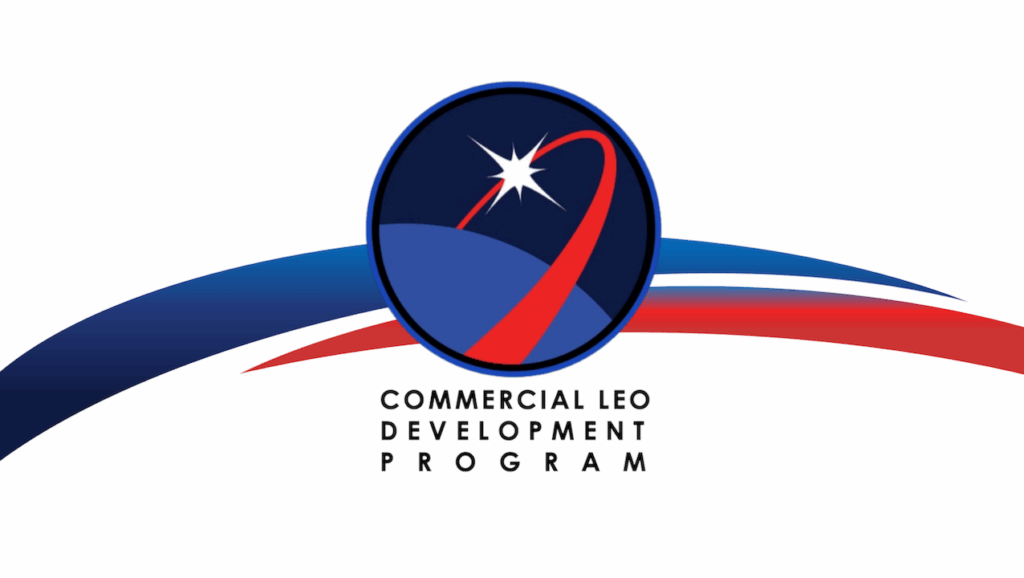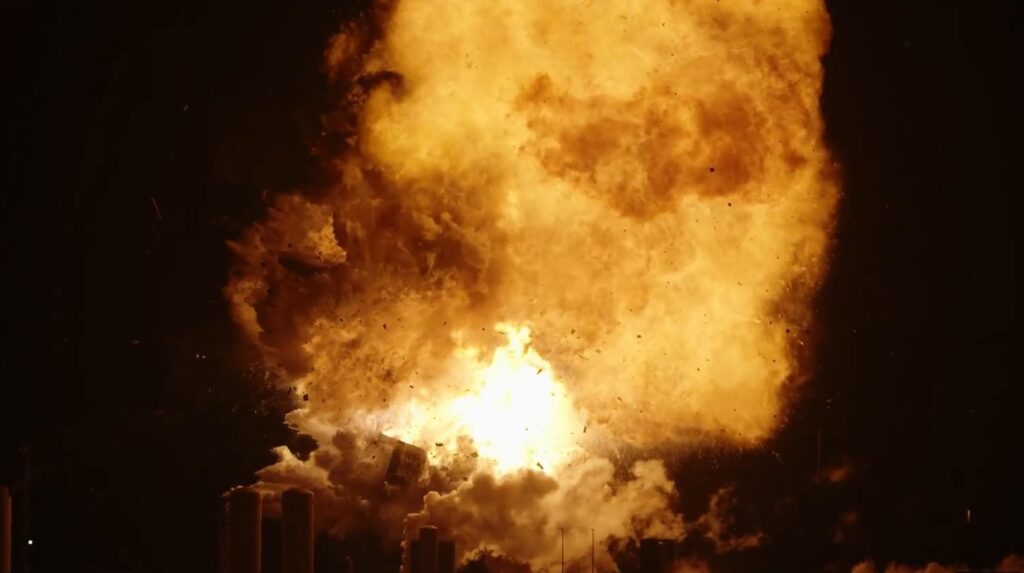That Whole SpaceX Vs ULA Thing
Bridenstine: frustrated with #EELV program and @SpaceX vs @ulalaunch arguments #CST2017
— NASA Watch (@NASAWatch) February 8, 2017
More Money, More Problems for the Commercial Space Launch Biz, Wired
“But the two companies have used different strategies to keep clients. ULA, a collaboration between Boeing and Lockheed Martin, has a flawless launch record. They’ve never lost a rocket, but safety comes at a cost. According to ULA’s RocketBuilder tool, strapping your satellite to one of its Delta V [note: should say Atlas V] rockets will cost you a minimum of $109 million. SpaceX advertises the same service starting at $60 million, and that’ll come way down once Elon Musk starts selling launches on used first stage boosters. “SpaceX is like a jackrabbit, and ULA is a buffalo that realizes it needs to be a jackrabbit,” says Keith Cowing, a former NASA employee who runs the blog NASA Watch. SpaceX cuts costs by building all its own stuff, innovating quickly, and being able to shuttle payloads right out of the gate.”









Hard to follow the logic in that piece. Are they saying that sure, go ahead and use SpaceX, but if you do, your stuff might blow up because, well, you know, SpaceX plays fast with safety rules`?
Or, are they saying that SpaceX’ discount derives from vertical organization?
Where’s the argument that maybe ULA’s record (something to be admired certainly) derives at least in part from decades of monopoly and from many decades spent developing Atlas and Delta?
ok, two companies have different strategies. ULA should have lower insurance costs (to offset their higher launch costs) and maybe preferred for launches where “failure is not an option” or maybe they need to adjust their pricing (since they are no longer the monopoly). SpaceX is cheaper and sometimes fails (i’d call that “less conservative design” not “fast and loose with safety”).
The comment that troubles me is “is a buffalo that realizes it needs to be a jackrabbit”. ULA can’t unzip their buffalo suit to reveal an inner jack rabbit (a la Coyote and Roadrunner), SpaceX are learning alot (and quite painfully) for their failures.
Does the insurance cover the cost of the payload and the cost to build and launch it? If so, the cost of insuring a ULA launch might not be cheaper than SpaceX since the launch (again) costs would be higher.
Now that you mention it, do launch service providers get paid if they deliver the spacecraft to the ocean floor instead of orbit? I’d assume there was some sort of phased payment, but I’ve never heard about the details.
I’m not sure either. Could be the company which owns the payload pays the insurance, which would presumably cover the payload and possibly the launch as well.
So, Keith quotes himself from other stories in his own stories. Nice.
Yea. I have been doing that for more than 20 years. Nice of you to notice! I’ll be doing it again.
Gosh and here all this time I thought you had a twin … lol
The problem with spacex is the reliability, the same problem that kept the Russians from circling the moon first and which is troubling them today. There have been too many Falcon 1 and Falcon 9 failures. It scares me to have them fly people. http://Www.robert-w-jones.com
Right. Go look at how many Atlas and Redstone failures there were before we put people on the them. Two shuttle crews were lost and yet we continued to fly it. Two Soyuz crew were lost and we fly on it.
The reliability problem with Proton continues today. We terminated the shuttle program because of its problems. I have long argued that crew should fly on old proven launchers and cargo can go on new designs.
Add to that the failures of the Proton launch vehicle, Soyuz launch vehicle, and Progress resupply ship and you’ve got to start questioning just how reliable the Soyuz vehicle is, and NASA still trusts it for shuttling astronauts to and from ISS!
If you want perfect flight safety, don’t ever fly.
Unless I mis-counted, Glenn was on the sixth launch of a Mercury-Atlas, and two of the previous five launches were failures. That makes the Falcon 9’s two failures out of thirty attempts record look extremely safe, especially since the Dragon 2 has plenty of abort options.
Arguably the current most reliable launch vehicle on Earth is Ariane V. Yet when Ariane V was at this same point in its launch history as SpaceX is now, it had a worse failure rate (even with relatively unlimited funding).
I’m thinking that the multi-talented Mr. Jones should look a little more closely at the reliability issue of SpaceX.